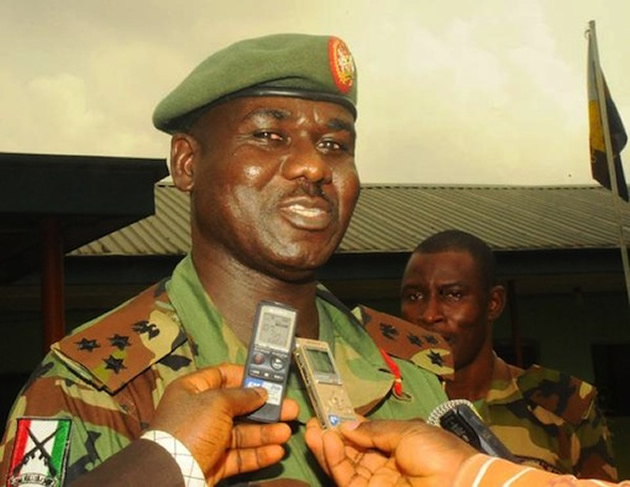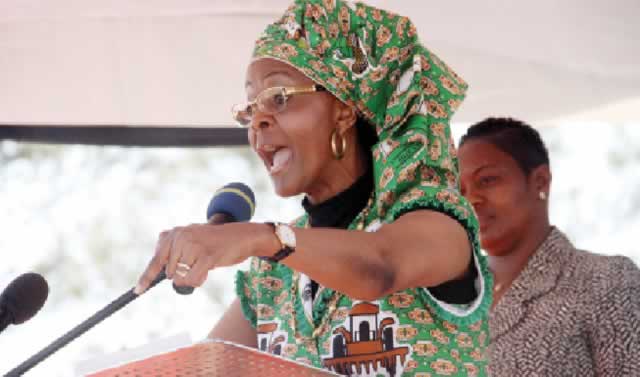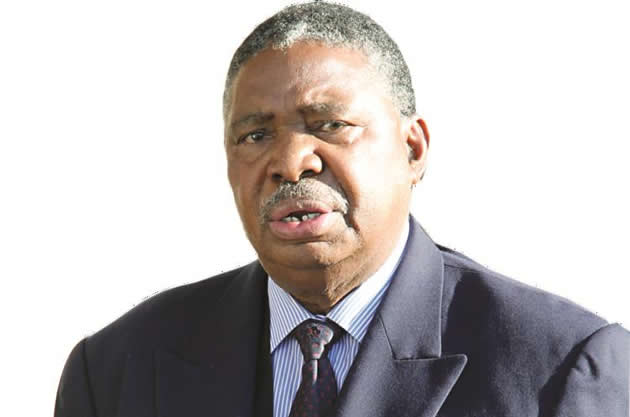Nigerian army chief survives suspected Boko Haram attack

Abuja — Suspected Boko Haram fighters ambushed a convoy carrying the head of the Nigerian army, the military said yesterday, sparking a firefight in which 10 militants and a soldier were killed.
Lieutenant General Tukur Buratai, who was unharmed, was visiting troops in the north-east on Saturday when insurgents attacked in Faljari village, 45km east of Borno State capital Maiduguri, army spokesperson Sani Usman said in a statement.
“The terrorists encountered an overwhelming firepower from the troops in which 10 of them were killed. The troops captured five terrorists,” he said.
“During the encounter, sadly, we lost a soldier, while an officer and four soldiers sustained gunshot wounds.”
News of the attack came when United Nations Secretary-General Ban Ki-moon was due to arrive in Nigeria later yesterday to commemorate the fourth anniversary of a deadly attack on the global body by Boko Haram in the capital Abuja.
The Islamist group has stepped up its attacks in Borno and two neighbouring states in its northeastern heartland since President Muhammadu Buhari came to power in May.
The fresh wave of violence has claimed more than 1,000 lives over the last three months, dealing a setback to a four-country offensive launched in February that had chalked up a number of victories against the jihadists.
Meanwhile, around 40,000 people have fled their homes in Chad in the past two weeks following attacks by Islamist militant group Boko Haram, according to an aid agency, as the insurgency stokes an escalating humanitarian crisis in the region around Lake Chad.
Médecins Sans Frontières (MSF) said many of the displaced people have gathered in makeshift camps where its staff were treating patients with diarrhoea, malaria and respiratory infections, as well as malnourished children.
“Some pregnant women have walked several kilometres in searing heat to seek medical attention,” said Federica Alberti, MSF’s head of mission in Chad. “People are living without proper shelter, and don’t have access to food or clean drinking water.”
The Lake Chad region has become increasingly unstable since 2013, with Boko Haram violence triggering a growing crisis.
In neighbouring Niger, refugees and displaced people face food shortages and an increase in waterborne diseases as the conflict compounds a fragile humanitarian situation, MSF said.
The situation could deteriorate further during the “hunger gap” between harvests, when community food stocks are drastically reduced, MSF said.
Boko Haram has fought a six-year insurgency to carve out an Islamist state in northeast Nigeria, and is still carrying out cross-border attacks, in the face of a Nigerian military campaign bolstered by Niger, Cameroon and Chad.
The UN says 1.4 million people have been forced to flee their homes in northeast Nigeria, the birthplace of the Islamist group and a frequent target of raids and suicide bombers.
Hundreds of thousands of displaced people currently live in Maiduguri, the capital of Nigeria’s Borno state. Many are supported by local communities, while around 80,000 are gathered in 15 camps around the city.
“There are 12 of us living in a tent, with no other choice,” Aisha, a 55-year-old woman living in a camp in a Maiduguri suburb, told MSF.
“The canvas is torn and inside it is full of dust and insects. Everything gets wet when it rains.” — AFP









Comments